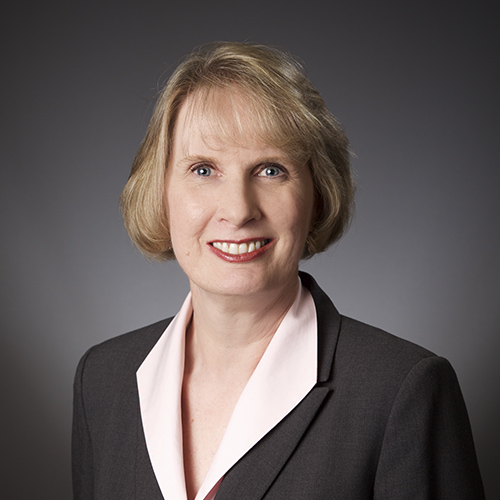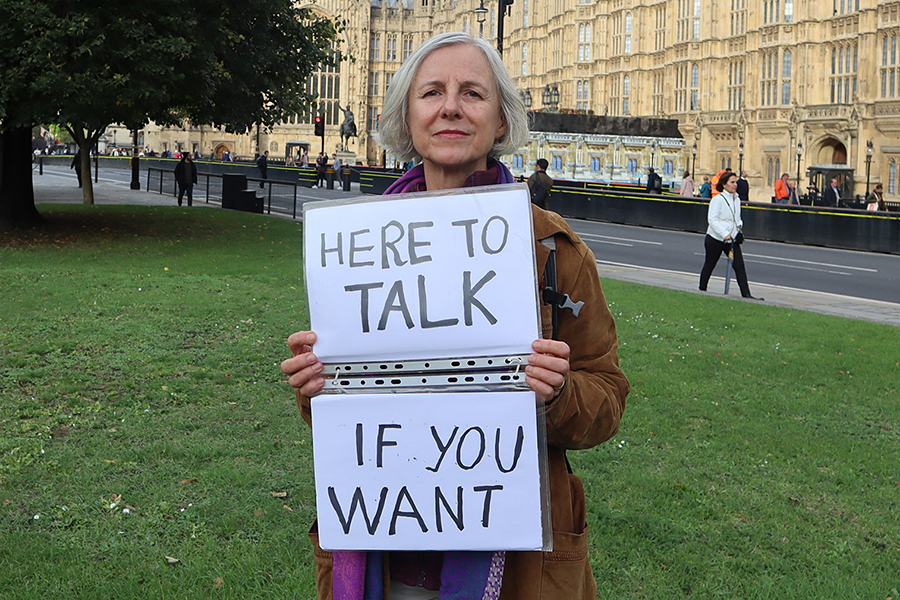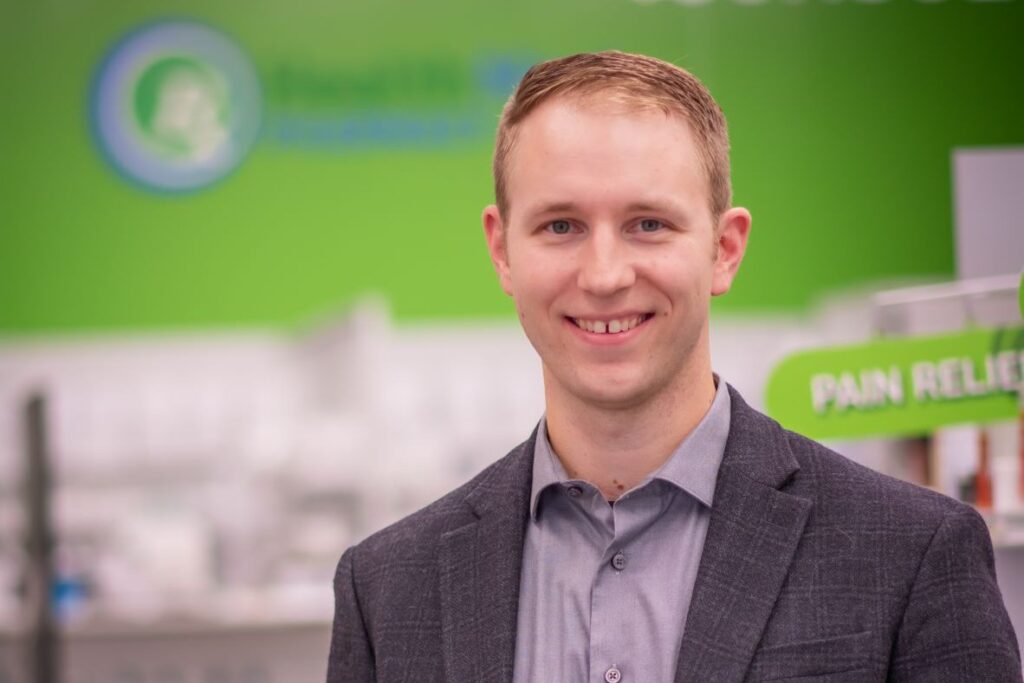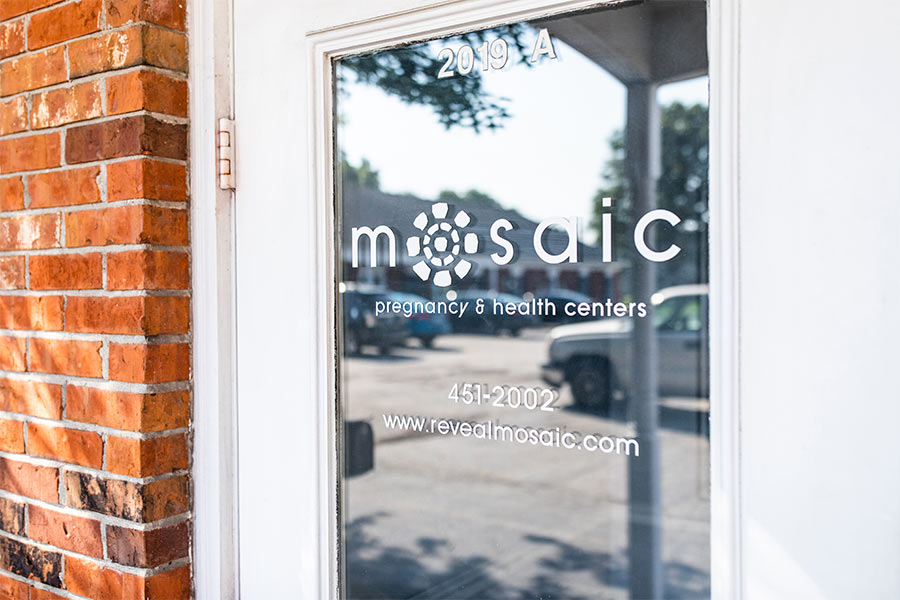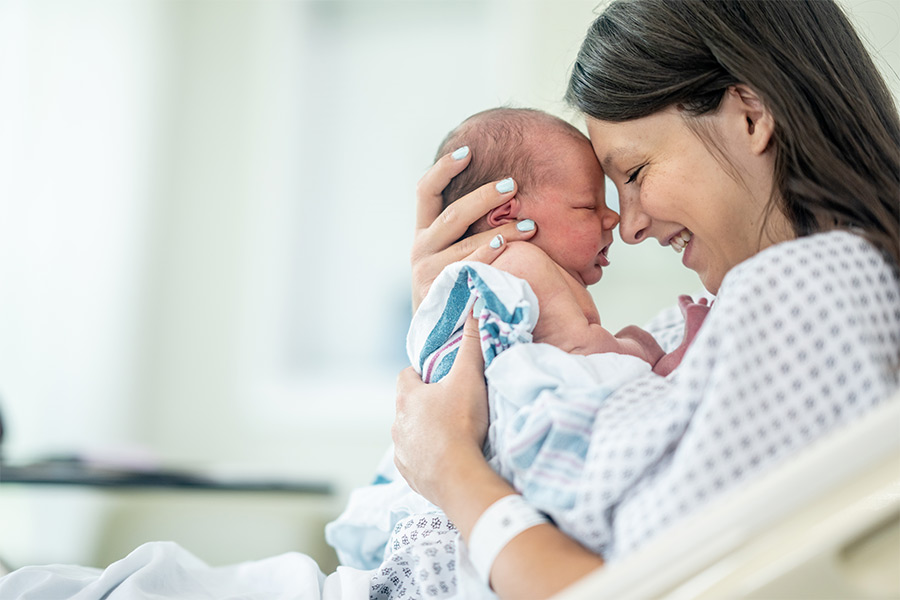
In June 2022, the U.S. Supreme Court made the life-affirming decision to overturn Roe v. Wade and return the power to regulate abortion to the people and their elected representatives.
“The Constitution makes no reference to abortion, and no such right is implicitly protected by any constitutional provision,” Justice Samuel Alito wrote for the majority in Dobbs v. Jackson Women’s Health Organization. In the months and years following the decision, multiple states have acted to protect life in their laws.
Unfortunately, many abortion advocates quickly spread the false idea that pro-life states only cared about children up until the moment of birth. An opinion piece from The Washington Post accused pro-life advocates of failing “to take up the fight for the babies who will be born under duress,” and another from The Nation claimed that they “don’t lift a finger to help families facing hardship.”
But a June 2024 report from the Ethics and Public Policy Center (EPPC) shows that these accusations are meritless. In the two years since Dobbs, pro-life states have taken meaningful action not only to protect life but also to support children and new mothers.
Pro-life states are stepping up for women and children
As of July 2024, 22 states have pro-life laws that would not have been permissible under Roe. These laws span from protecting unborn children from the moment of conception to protecting them starting at 18 weeks.
The EPPC compiled a report focusing on the steps these states, as well as Ohio, have taken since Roe was overturned. The results showed an overwhelming commitment to buttressing support for newborn children and their families.
Of the 23 states included in the report, 22 of them passed measures extending the length of time postpartum women receive Medicare coverage from 60 days to one year. In addition, the report found that “16 states took direct action to expand child care choices, from expanding subsidies to streamlining regulatory barriers for child care providers.”
While bringing a child into the world is a beautiful fulfillment of God’s directive for mankind, pregnancy can come with its own set of health risks. Thankfully, 11 of the 23 states analyzed in the report have expanded health-care options for women, including mammograms and screening for postpartum depression, since Roe was overturned.
Additionally, nine states either implemented or expanded paid parental leave for state employees to help them adapt to their new lives after welcoming a child into the world. And that number doesn’t include the many states that already implemented similar policies before the Supreme Court issued its decision in Dobbs.
The important work of pregnancy centers
Pro-life pregnancy centers play a significant role in supporting expectant mothers, newborn children, and families who have recently welcomed children into the world. These centers provide a variety of services including parenting classes, ultrasounds, pregnancy tests, material support (diapers, clothes, car seats, strollers, etc.), and more.
Fourteen of the 23 states in the EPPC report took action to introduce or expand programs providing material support for pregnant women, and many of those states did so by working directly with pregnancy centers. For example, Florida’s legislature passed a bill in 2023 allocating $25 million to the Florida Pregnancy Care Network, an alliance of pro-life pregnancy centers across the state.
Research from the Charlotte Lozier Institute shows that these investments have a real-world effect. In 2022, the most recent year for which statistics are available, pregnancy centers provided over $358 million in goods and services including:
- over 510,000 free ultrasounds;
- over 700,000 free pregnancy tests;
- over 200,000 STI/STD tests;
- over 970,000 free consultations with new clients;
- over 3,590,000 packs of diapers;
- over 40,000 new car seats;
- over 30,000 strollers; and
- over 4,250,000 baby outfits.
While the overturning of Roe was a great step in the right direction for the pro-life movement, it is far from the end of the journey. Pro-life states and pregnancy centers have been answering the call to continue laying the groundwork for a culture of life, and we must continue to do so in the years to come.


